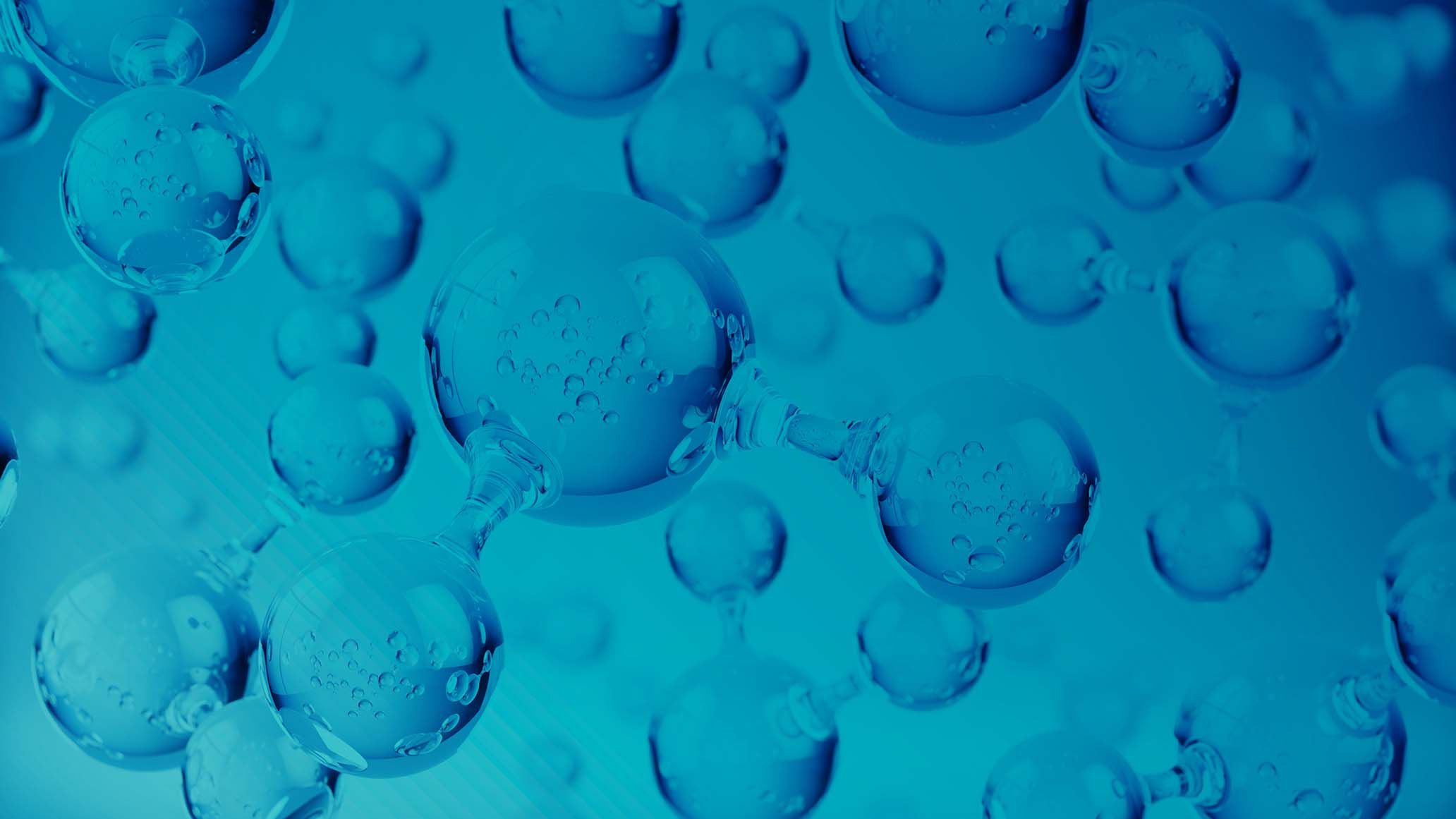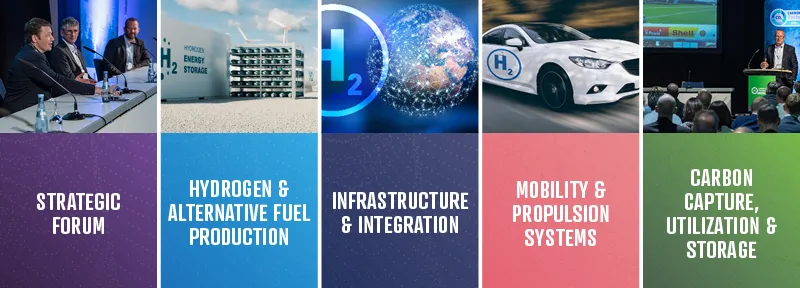9.3m euros has been given to a German group to develop hydrogen fuel cells for aircrafts
)
The government has supplied a German consortium with 9.3m euros of funding, to help them develop a hydrogen fuel cell system. Once created, this system will be capable of powering regional aircrafts.
This project is called BALIS 2.0 and it is led by H2FLY, which is based in Stuttgart. The overall aim of this project is to make and test a 350kW fuel cell system, which will also become the base module, that will go on to develop megawatt-class hydrogen-electric powertrain systems. These systems will be produced with the ability to generate enough energy that they are capable of powering a 40-80 seater aircraft.
In order to turn this project from an idea into reality, the trials for this project will be hosted by DLR’s BALIS test field in Empfingen, which is located in Germany. Plus, the primary ground tests of the 350kW system are officially planned for 2025.
It is clear that H2FLY was an appropriate choice when it comes to running this project, as previously, in June 2023, the company revealed their plans for their H175 programme. This concept encompassed the development of a high-performance and modular power unit, which would be suitable for commercial aircraft applications.
Now that H2FLY is working on their second project of this nature, it has been agreed that the project will be supported by the German Aerospace Center (DLR) and Diehl Aerospace. These companies will collaborate over a study which will focus on coupling behaviours, as well as, developing platform technology which could be scaled-up in the future.
Funded by the German Transport Ministry’s (BMDV), Prof. Dr. Josef Kallo, co-founder and CEO of H2FLY, said the funding demonstrated the “growing significance of hydrogen fuel cell systems as a viable solution of clean aviation. The project insights will propel the development of megawatt-class powertrains, significantly accelerating the transition to sustainable, zero-emission flight.”
Transport Minister, Dr. Volker Wissing, commented that ‘BALIS 2.0 would create the technical foundation for “marketable solutions for tomorrow’s CO2-neutral flying.”’
Wissing added, “The de-fossilisation of aviation is an immense global challenge. Hydrogen offers great potential to significantly contribute to achieving climate targets and realising CO2-neutral global travel and freight transport in the future.”



)
)
)
)
)
)
)
)


)
)
)
)
)
)
)

)
)
)
)
)
)
)
)

)
)
)
)
)
)
)

)
)
)
)

)
)

)
)
)
)
)
)
)
)

)
)
)
)
)

)
)

)
)
)
)
)
)
)
)


)
)


